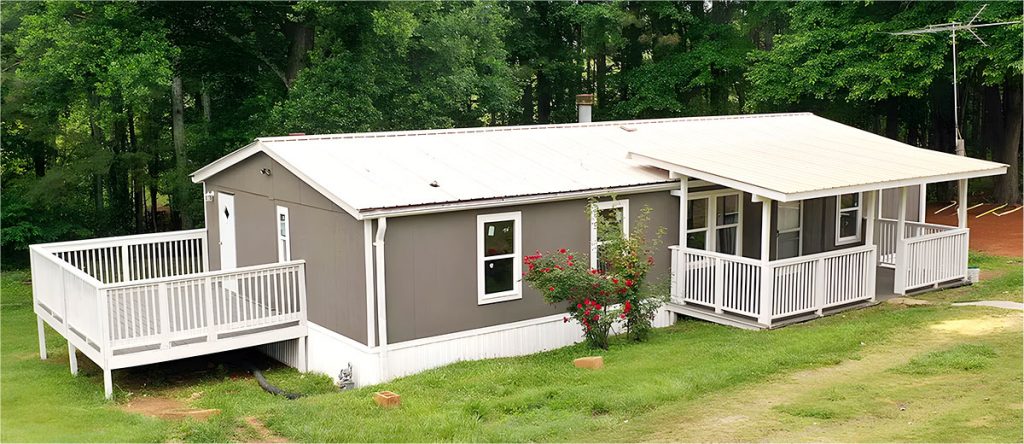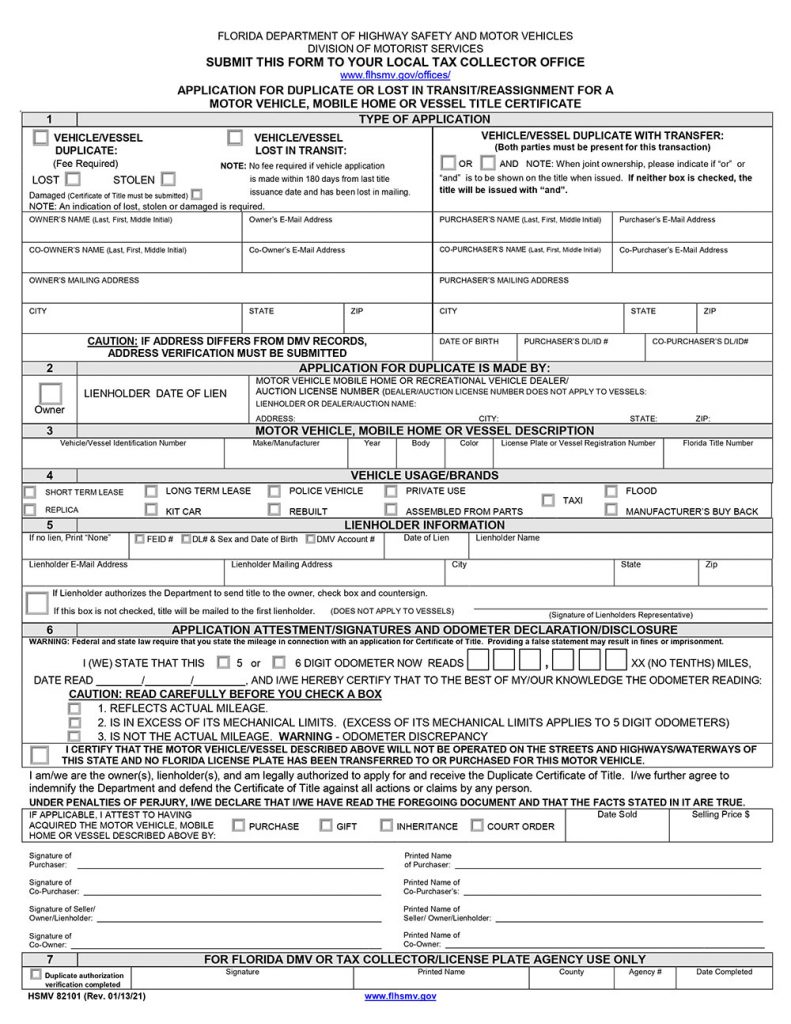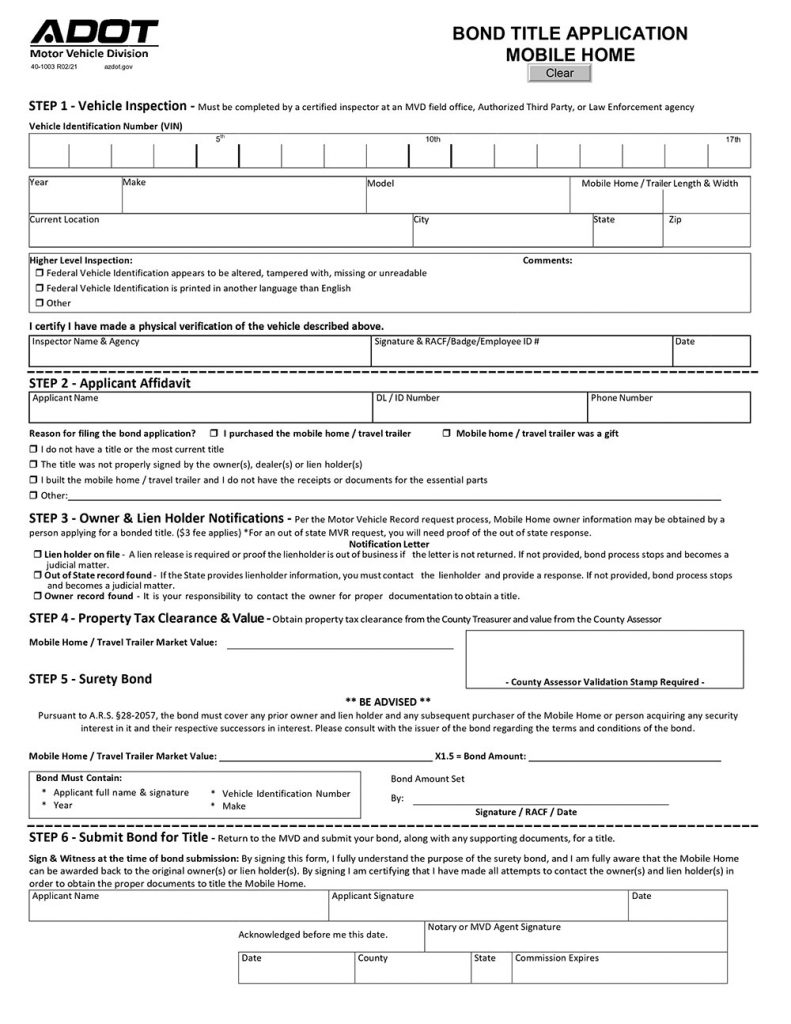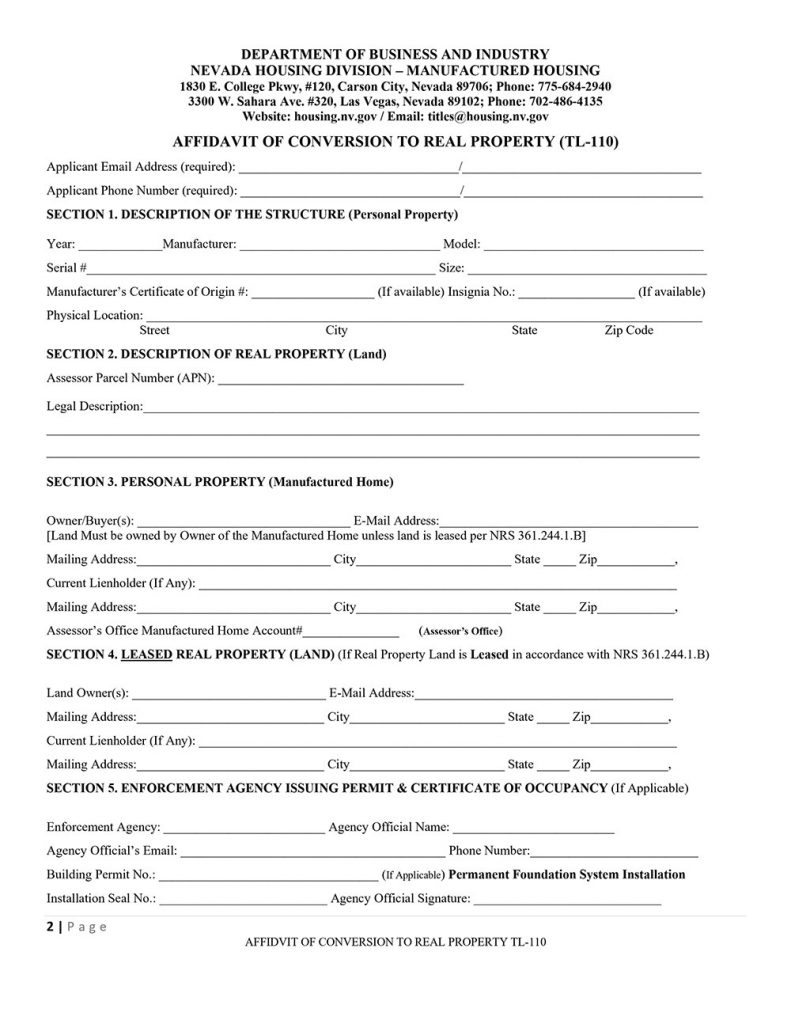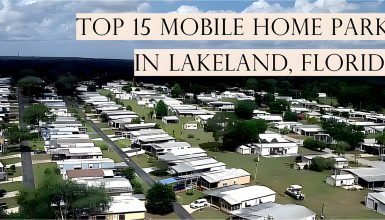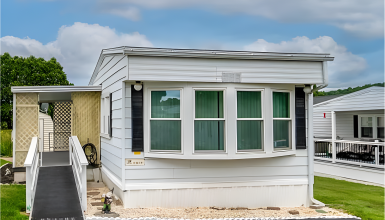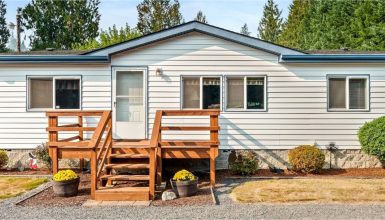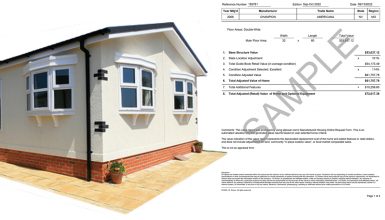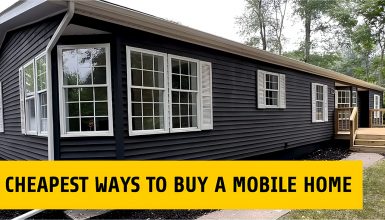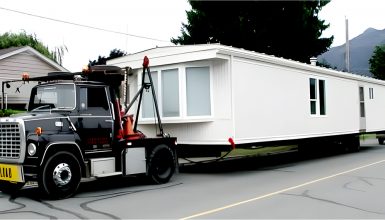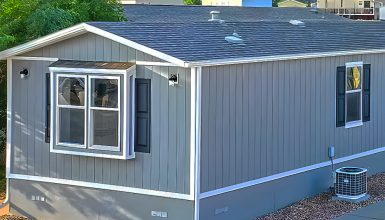Just like buying a car, when you buy a mobile home, the title changes hands. The seller signs it over to you. Without it, you’re stuck in limbo, holding a key with no lock. No title can mean no ownership. That’s where things get tricky, and you could find yourself deep in paperwork and legal hiccups. But don’t fret. We’re here to help you get to grips with the world of mobile home titles and the risks of not having one. Also, what to do if you’ve already bought a mobile home without it? Let’s dive in!
What to Do | Steps Involved | Tips |
| Keep communication lines open. If the seller is uncooperative, it's time to seek legal advice. | |
| Stay patient and diligent during the bond period. Ensure that all paperwork is complete and accurate. | |
| Make sure your mobile home meets all local codes and regulations. Keep track of all documentation and receipts throughout the process. |
What is Mobile Home Title?
Imagine a mobile home title as your golden key. It’s the little piece of paper that unlocks a world of possibilities. Simply put, a title proves that you own your mobile home. Think of it as your home’s birth certificate – it gives vital details like the manufacturer, model, size, and the year it was made.
But it’s not just a fancy piece of paper. A mobile home title gives you legal rights. Ever heard the phrase, “Possession is nine-tenths of the law?” Well, in mobile homes, the title is your ten-tenths! It shows that you, and only you, have the right to use, sell, or modify the house as you wish.
Risks of Buying a Mobile Home Without a Title
Entering the world of mobile homes without a title? Imagine dancing on a tightrope without a safety net below. It’s risky business. Here are some of the risks:
- Legality
First, let’s talk about legality. With no title, your ownership stands on shaky ground. You may think you own the home, but the law may not see it that way. It’s like having a dog without a leash. It may follow you around, but does it really belong to you?
- Disputes
Next, step into the shoes of the previous owner. What if they return with a claim on your new home? Without a title, you could face ownership disputes. It’s a game of musical chairs; you don’t want to be left standing when the music stops.
- Fraud
The story gets murkier when fraud steps in. Without a title, there’s no foolproof way to ensure the seller truly owns the home. What if it’s stolen property? Suddenly, you’re not just a buyer but an unwitting accomplice in a crime!
- Financing Problem
Finally, consider this – insurance and financing companies love titles. Without one, getting your mobile home insured or financed becomes as tough as climbing a greased pole. And in the unfortunate event of damage or theft, you’re left holding the bag without insurance.
Sounds overwhelming? Fear not. Knowledge is power, and now that you’re aware of the risks, you’re well on your way to becoming a savvy mobile home buyer.
What to Do If You’ve Bought a Mobile Home with No Title
Whoops! Bought a mobile home without a title? It’s a bit like realizing you left the house without your keys. But don’t hit the panic button just yet. There’s a way out of this pickle, and we’re here to guide you through it step by step.
1. Ask The Seller for a Duplicate Title
Example of form duplicate title application – Flhsmv
First, take a deep breath and put on your detective hat. Start with the seller. Reach out to them and ask if they can apply for a duplicate title. Think of it as asking for a spare key. If they genuinely lost the original, they should be able to get a new one. Here’s a breakdown of the steps you’ll need to follow to get the seller to apply for a duplicate title.
Step 1: Reach Out to the Seller
The first step is to communicate with the seller. Be calm, clear, and direct. Explain the situation and ask if they could apply for a duplicate title on your behalf.
Step 2: Confirm the Seller’s Agreement
Confirm this arrangement in writing if the seller agrees to apply for a duplicate title. It could be as simple as an email explaining what you’ve both agreed to.
Step 3: Guide the Seller Through the Process
Your seller might not know how to apply for a duplicate title. Be ready to guide them through the process. Here’s a breakdown of the steps needs to follow::
- Contacting the appropriate local agency
- Gathering the necessary information
- Filling out an application form
- Paying the associated fee
- Waiting for the duplicate title
Step 4: Check in Regularly
Make sure to keep communication lines open. Regularly check in with the seller to see how the process is going. It’s important to show you’re proactive and serious about getting the title.
Step 5: Observe the Seller’s Behavior
If the seller resists, stalls, or disappears entirely, that could be a red flag. Remember, a cooperative seller should have no problem applying for a duplicate title if they are the legal owner.
Step 6: Seek Legal Advice
If the seller is uncooperative, it might be time to consult a legal professional. They can help you understand your options and guide you on the best action.
2. Apply for a Bonded Title
Example of form Bonded title application – Azdot
No luck with the seller? Time to move to Plan B. This is where you put on your legal warrior armor. You may be able to apply for a bonded title. This involves getting a surety bond – sort of like an insurance policy that promises you’ll compensate anyone who might come forward as the real owner of the home. Yes, it’s a little like betting on a horse race, but it could be your ticket to getting that title. Here’s a more detailed step-by-step guide on how to apply for one:
Step 1: Contact Local Agency
Start by reaching out to your local Department of Motor Vehicles (DMV) or the appropriate agency in your state responsible for issuing mobile home titles. They will provide specific details on how to apply for a bonded title in your state.
Step 2: Obtain a Bond
You’ll need to purchase a bond from a surety bond company. This bond amount typically equals the value of your mobile home. It’s like an insurance policy that covers claims by previous owners or lienholders.
Step 3: Complete the Application
Fill out the application for a bonded title provided by the DMV or your local agency. This typically includes details about the mobile home, such as make, model, year, serial number, and personal information.
Step 4: Submit Your Paperwork and Fee
You’ll need to submit the surety bond and any other required paperwork along with your application. This might include a bill of sale or a statement explaining how you acquired the mobile home. You’ll also need to pay a fee, which varies from state to state.
Step 5: Await Approval
Your application will go under review once you submit all required documents and the fee. If approved, the agency will issue you a bonded title, typically indicating that it’s a bonded title on the paper.
Step 6: Wait out the Bond Period
Most states require a certain bond period—usually a few years, during which claims can be made against your title. You can often apply for a regular title if there are no claims during this period.
Step 7: Apply for a Standard Title
If you’ve passed the bond period without any claims, congratulations! You can now usually apply for a standard title through your local agency.
3. Convert to Real Property
Example of conversion to real property – Nyecountynv
You can switch gears if the mobile home is permanently attached to your land. In many places, you can “convert” the mobile home to real property. It’s like turning your RV into a permanent cottage. Once it’s real property, no more mobile home title is needed! Here are the steps typically involved:
Step 1: Check Local Regulations
Start by checking the regulations in your area. Not every jurisdiction allows mobile homes to be converted into real property, so it’s essential to confirm this before moving forward.
Step 2: Prepare Your Land
Your mobile home needs to be on land that you own. If it’s not, you’ll need to purchase the land first. Then, ensure that your mobile home is permanently affixed to the land. This could involve removing the wheels and axles and placing them on a permanent foundation.
Step 3: Gather the Required Documentation
Depending on your local laws, you might need to gather certain documents to prove you own the land and the mobile home. This could include a deed for the land and a bill of sale for the mobile home.
Step 4: Submit a Conversion Application
Contact your local county recorder’s office or similar authority to get an application for converting a mobile home into real property. Fill out the application completely and accurately.
Step 5: Get an Inspection
Your local housing authority may require an inspection to ensure the mobile home is permanently affixed to the land and meets all local codes and regulations.
Step 6: Pay the Fee
There’s usually a fee associated with this process. The amount varies by jurisdiction, so check with your local authority for the exact cost.
Step 7: Wait for Approval
After submitting your application and fee, you’ll have to wait for approval. Your mobile home will be legally considered real property if your application is approved.
Step 8: Record the Conversion
Once approved, the conversion from mobile home to real property must be recorded with your local deed office or similar authority.
Getting tangled over a mobile home without a title might seem like a nightmare. But now you’ve got some tools in your belt to tackle the problem.
Conclusion
Owning a mobile home can be a joy. Still, the key to maintaining that joy is understanding the ins and outs of the process, especially when it comes to the title. Just as you wouldn’t buy a car without the keys, don’t get a mobile home without its title. Thank you for reading!


